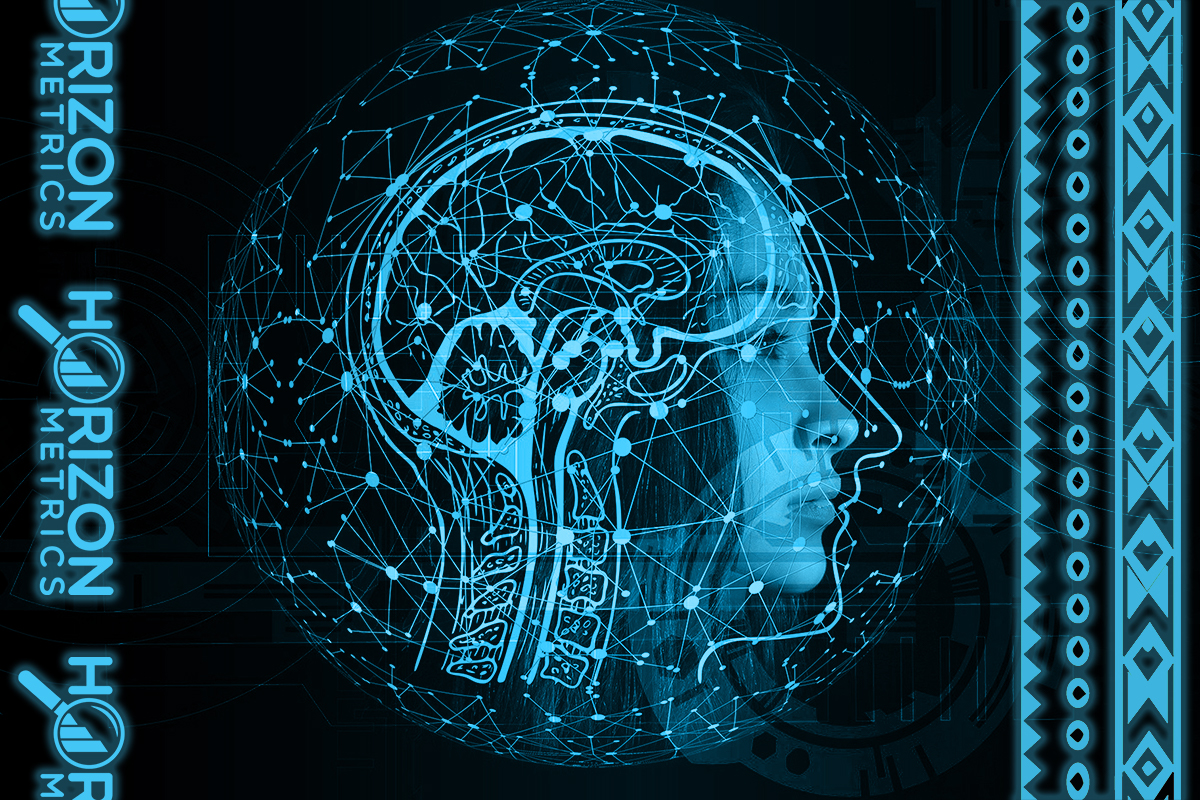
Blockchain technology is rapidly emerging as a game-changer in the digital economy. By providing a secure and decentralized way to store and transfer information, blockchain has the potential to revolutionize industries such as finance, supply chain management, and more. But what exactly is blockchain, and how is it impacting our world?
At its core, blockchain is a type of distributed ledger technology that allows for the secure and transparent transfer of information. It does this by creating a chain of blocks, each containing a record of a transaction, that is stored across a network of computers. This means that there is no central point of control, making it difficult for hackers to tamper with the information.
One of the most significant benefits of blockchain is its ability to facilitate secure and transparent financial transactions. This is particularly relevant in the context of digital currencies such as Bitcoin, which are based on blockchain technology. Blockchain can also be used to create "smart contracts", which are digital agreements that can be automatically executed when certain conditions are met. This will enable new business models and revenue streams, such as micropayments and digital marketplaces.
In addition, blockchain technology is also being used to improve supply chain management. By providing a secure and transparent way to track the movement of goods, blockchain can help to reduce fraud and improve efficiency. This is particularly relevant for industries such as agriculture, where blockchain is being used to track the origin of food products and ensure their authenticity.
However, the rise of blockchain technology also brings its own set of challenges. One of the biggest challenges is ensuring that blockchain networks are scalable, so that they can handle large volumes of transactions. Additionally, with blockchain technology becoming more prevalent, there is a need for clear guidelines and regulations to ensure that the technology is used responsibly.
Blockchain technology is rapidly emerging as a game-changer in the digital economy. By providing a secure and decentralized way to store and transfer information, it has the potential to revolutionize industries such as finance, supply chain management and more. However, to fully realize the potential of blockchain, there needs to be a focus on scalability and regulation.

